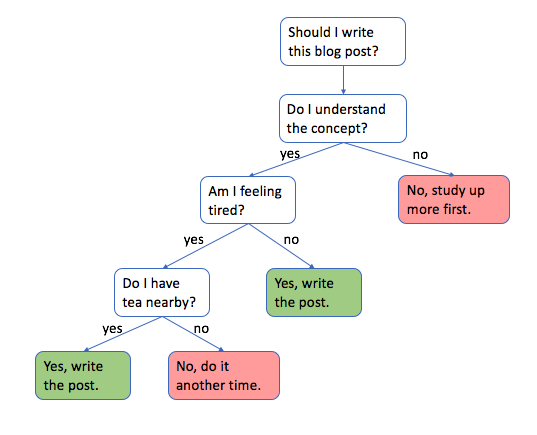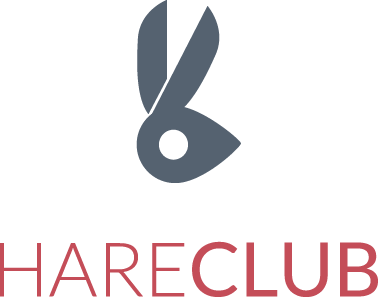reflections: make mentoring your mission
What are some things you know now that you wish you knew when you were a teen? Think about all the mistakes you made when you were younger; what did you learn? How did that benefit you in your growth as a man? How would you use that information if you had it then? Those are the questions we asked ourselves before connecting with the young men at the Summer Youth Empowerment Program (SYEP) in Albany, NY.
If you are unfamiliar with Summer Youth Programs, these programs connect youth 14 – 24 years old with career exploration opportunities and paid work experience each summer. For 4 Fridays, starting at the end of July 2020 we had the pleasure to work with a group of young men of color, learning about their challenges while sharing our life experiences.
what did we learn?
As young black men growing up in Brooklyn and Queens in the 90s and 2000s, Mario & I had to grow up fast. Your childhood was different than kids that grew up in middle class or affluent families. You had duties and responsibilities. You had to be smart because the streets were dangerous, and survival was your priority. Today, for young men of color, not much has changed. For them, there is no such thing as “kids these days” because being a “kid” is a luxury and the young men we spoke to are providers for their families, have anxiety about the future, and are angry about America’s response to their murders at the hands of police, public servants sworn to protect, and their peers, other men of color that look just like them. Those are grown folks’ problems.
As a friend of mine said, “one of our biggest cultural flaws raising our kids to think they need to be overly tough”. Toughness is and was our shield growing up. Being guarded with your emotions allows you to seem less vulnerable. It was a difficult talk to get their defenses down, but our approach was applying these four themes to each session:
Meditation & Mentoring
Breakdown Your Problems
Absolute Ownership
Profit from Your Passions
meditation & mentoring
Why meditation? Because I have yet Pythagoras' theorem in my adult years, but meditation has become a significant part of my life. It provides clarity when I wake up and allows me to clear away a day’s anxiety once the day is done. Teens do not often think about taking time for stillness. It is no secret that today’s youth are conditioned to be attached to their phones and dialed into media. At some point you must learn how to disconnect from technology and reset yourself.
Why mentoring? Some young people don’t understand the difference between having a role model and having a mentor. A role model is someone you admire and may want to model your life after. A mentor on the other hand is accessible and helps you achieve your goals in life because he/she has been there. For me, Muhammad Ali has always been a great role model. Seeing how much he achieved in life and his convictions to standing up for racial equality has always been inspiring to me. However, even when he was alive there was no way I would ever get a chance to sit and learn from Ali. We also talked about the life of Malcolm X. As “controversial” as some may still consider Malcolm X to be, his life was the epitome of a comeback story. We draw inspiration from Malcolm, but he has been gone for some time now. But some of my teachers throughout the years or businessmen that I met through volunteer programs have invested invaluable time and knowledge in me that would have taken years for me to learn.
“We make a living by what we get, we make a life by what we give.”
— Winston Churchill
breaking down your problems
It can be easy to think that teenagers are carefree. They sleep late, play video games, watch anime, and do stupid (sometimes amusing) Tik-Tok videos. But when you speak with them you realize they have more on their minds than you first thought. They have opinions about what’s going on in the world and want to do something about those problems. They must balance the desire to make change with high school, college prep, relationships, their friends, and helping their families. It is A LOT of responsibility and it is easy to feel overwhelmed and stressed.
Our approach was cracking open a consultant’s playbook and teaching them how to make a Decision Tree to help them break their problems down into smaller and more manageable pieces. When you’re organized, you’re less stressed and when you’re less stressed, you’re more efficient. Imagine that you wanted to build a house. We all wish that we could just have the finished product but that's impossible. You have to build it in phases and once you understand that you're not heading to just one finish line but several smaller ones in between, your impossible task seems more doable.
absolute ownership
A few days before our Friday meeting, I saw a video about David Goggins on Goalcast’s Instagram page. At the time, I had no idea who the hell David Goggins was but after watching the video I became an instant fan.
The major take-away was that nobody is going to do things for you, so if you want things to move in your favor you must be the one to keep things moving. We all have a major obstacle in life to overcome. It can be trauma from abuse or a broken home or losing a loved one. Trauma can be part of your story, but it cannot define who you are. We must learn to push past pain to reach our true potential. Moreover, we do not have to do it alone. I wish I took more time to speak to my guidance counselor or a therapist when I was growing up. I chose to deal with it alone for too long and it took a toll on me emotionally and affected my relationships with others. Taking years to deal with your issues does not do you any favors.
profit from your passions
Life’s options seem minimal if you do not come from money. Entertainment through sports or music can sometimes seem like the only option out of poverty. Finding success in entertainment is a crap shoot and if haven’t figured out what you’re talented in, it’s easy to fall into the trap of “I gotta hustle to survive”. I’ve seen it happen with kids that I grew up with and it can be depressing to see how it ends. Luckily for us, in our group of young men there were several that knew EXACTLY what they wanted to do in life. We listened to them passionately speak about working in the field of programming, artificial intelligence, and robotics. Nurturing those passions by putting tools in their hands so they can continue developing their skills was important to us. From Stack Overflow to Udemy, we started telling them every free resource we could think of to help them toward their goal.
Others in the group were not sure what they wanted to do but knew that they loved sports, books, comics, and anime. We showed them a friend of ours who made his own YouTube channel to cover his love of the Knicks. To date, that page has 21,000 followers and over 4 million views! We talked about the owners of BleacherReport started as a simple sports blog. The internet makes it possible to build a business by giving people a voice to discuss what they love. Learning how to amplify that voice is the tricky part but nothing easy is ever worth doing.
what did we learn? part 2
Time is probably the most valuable thing you can give to another person. You can spend that time in countless ways, and it is etched in your memory for a lifetime. At the end of one of our sessions, we told the group that they could email us their college application essays if they ever needed someone to proofread. Almost immediately, one of the young men said, “that’s what’s up”. Just those few words were all the validation that we needed. “Each one, reach one” is a catchy saying but we all need to walk that walk. If we could leave you with any call to action right now it would be to give your time, give your knowledge, share your experiences, and be accessible. Our young people need us.
Join a Community Built for You
Helping you live life to the fullest, HareClub’s marketplace connects you with business coaches, therapists, and a host of helpful service providers from around the world.
All Rights Reserved | Hareclub


